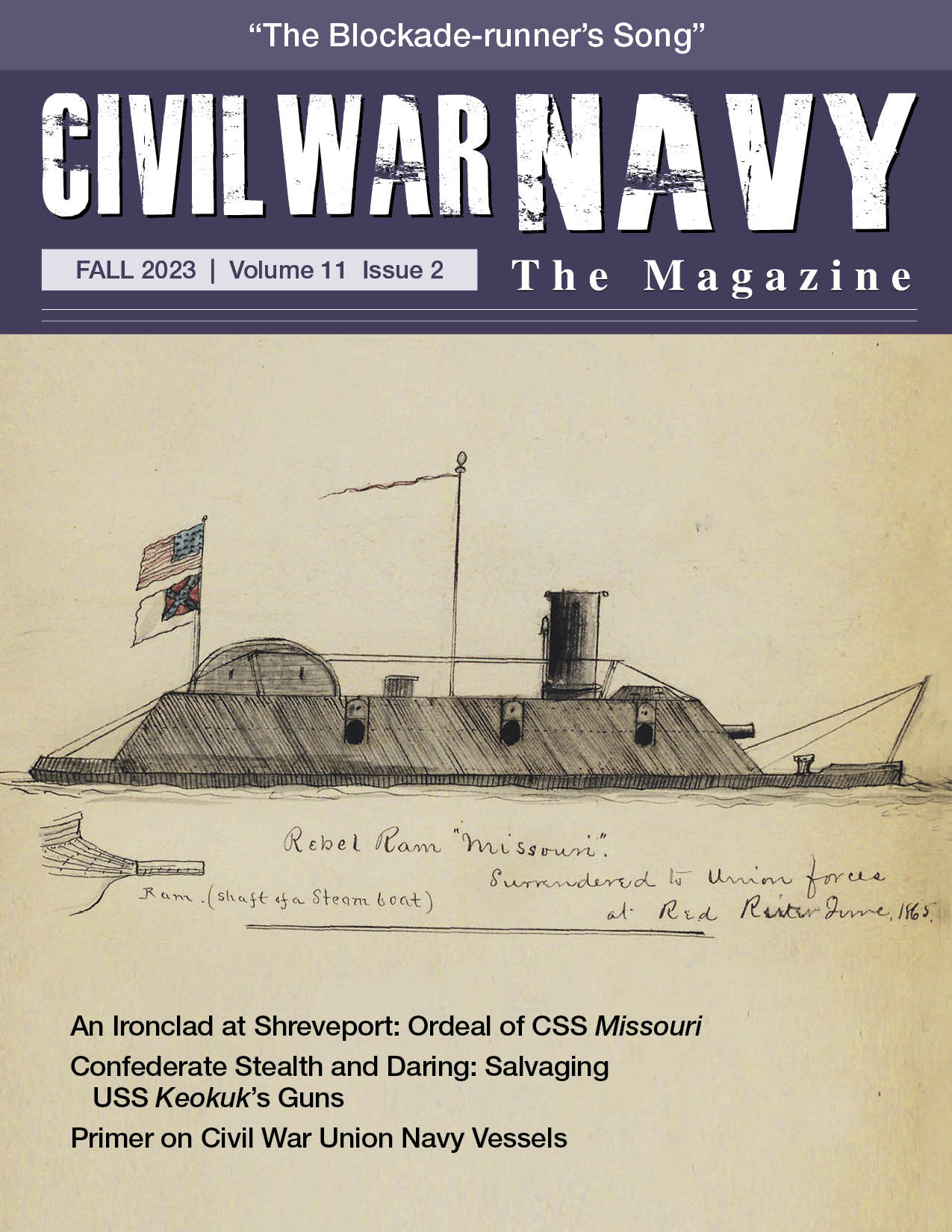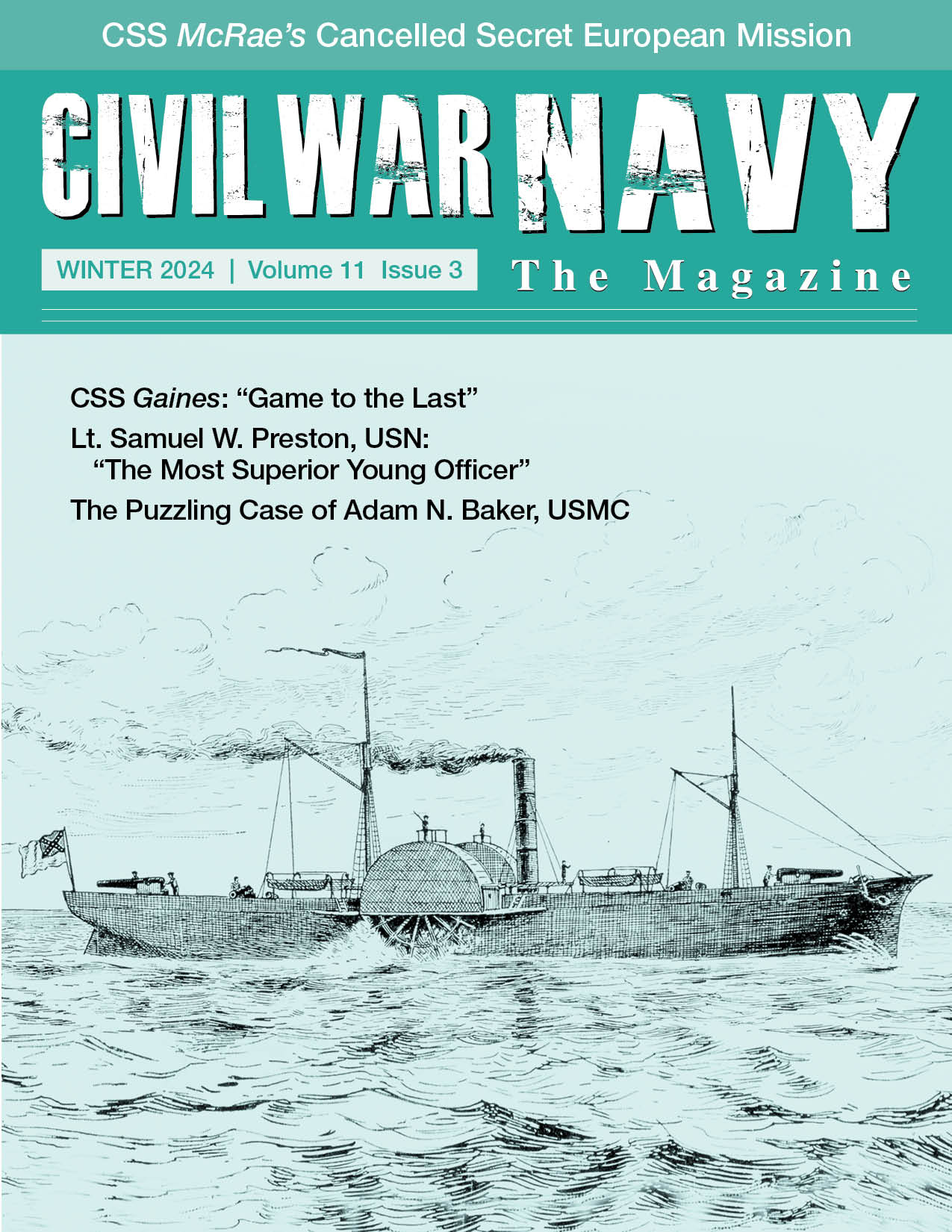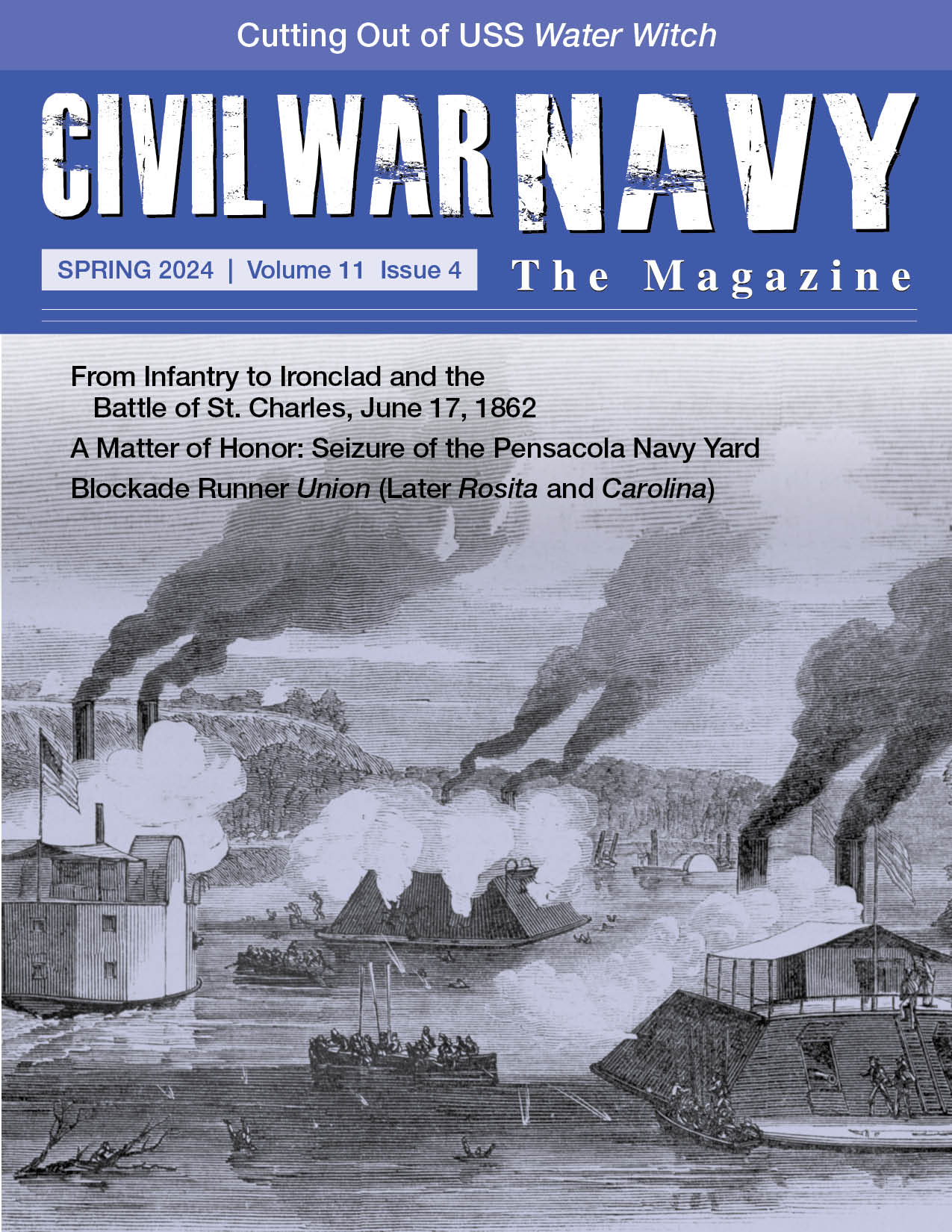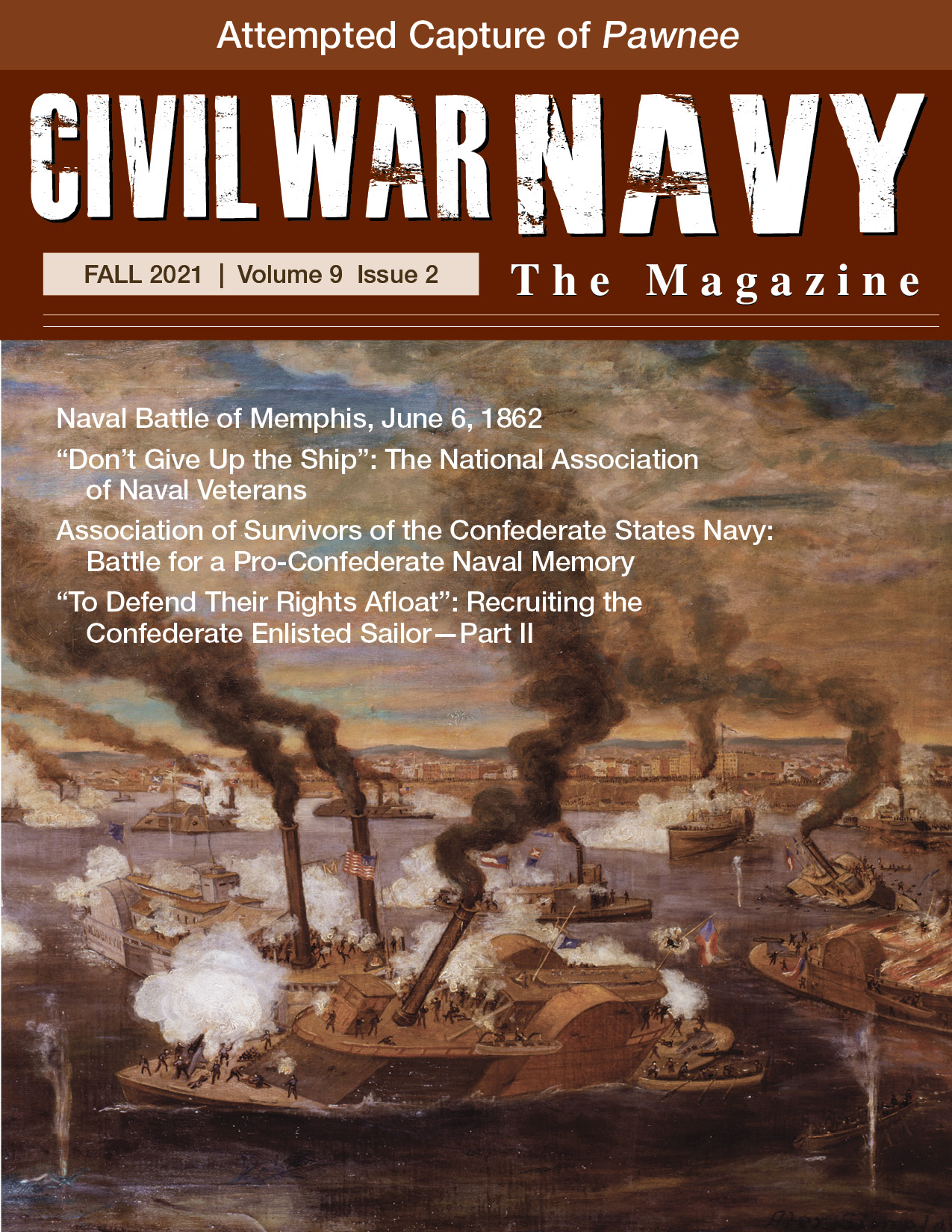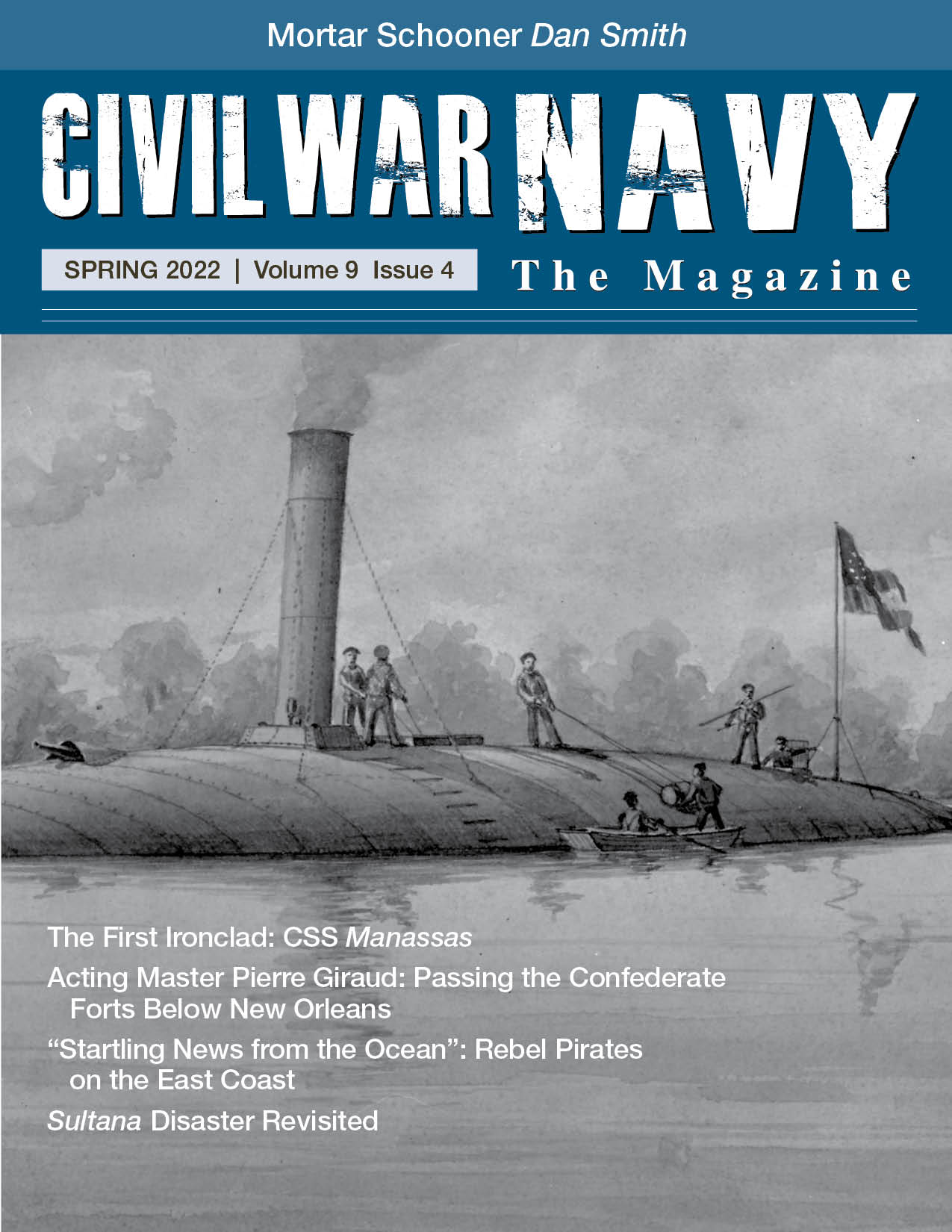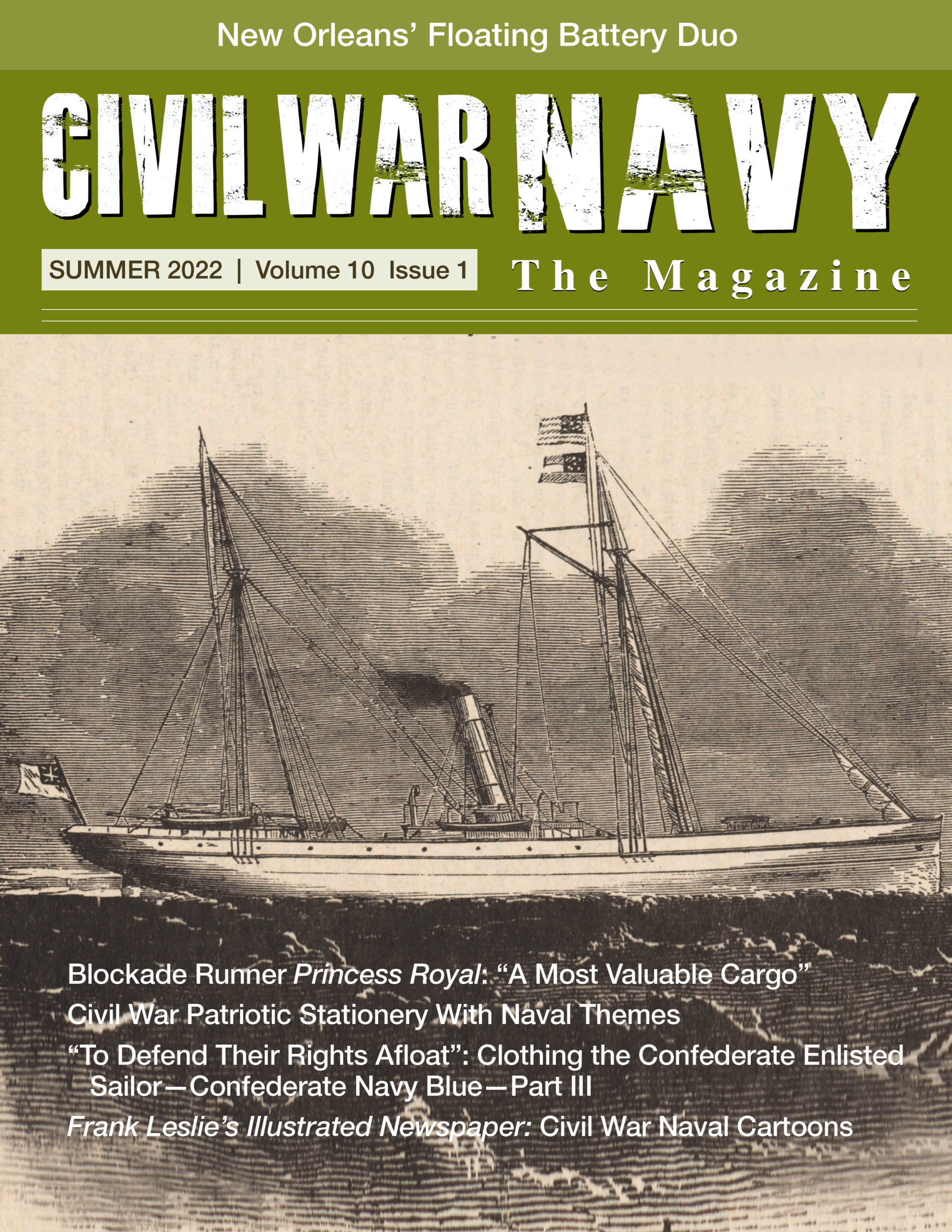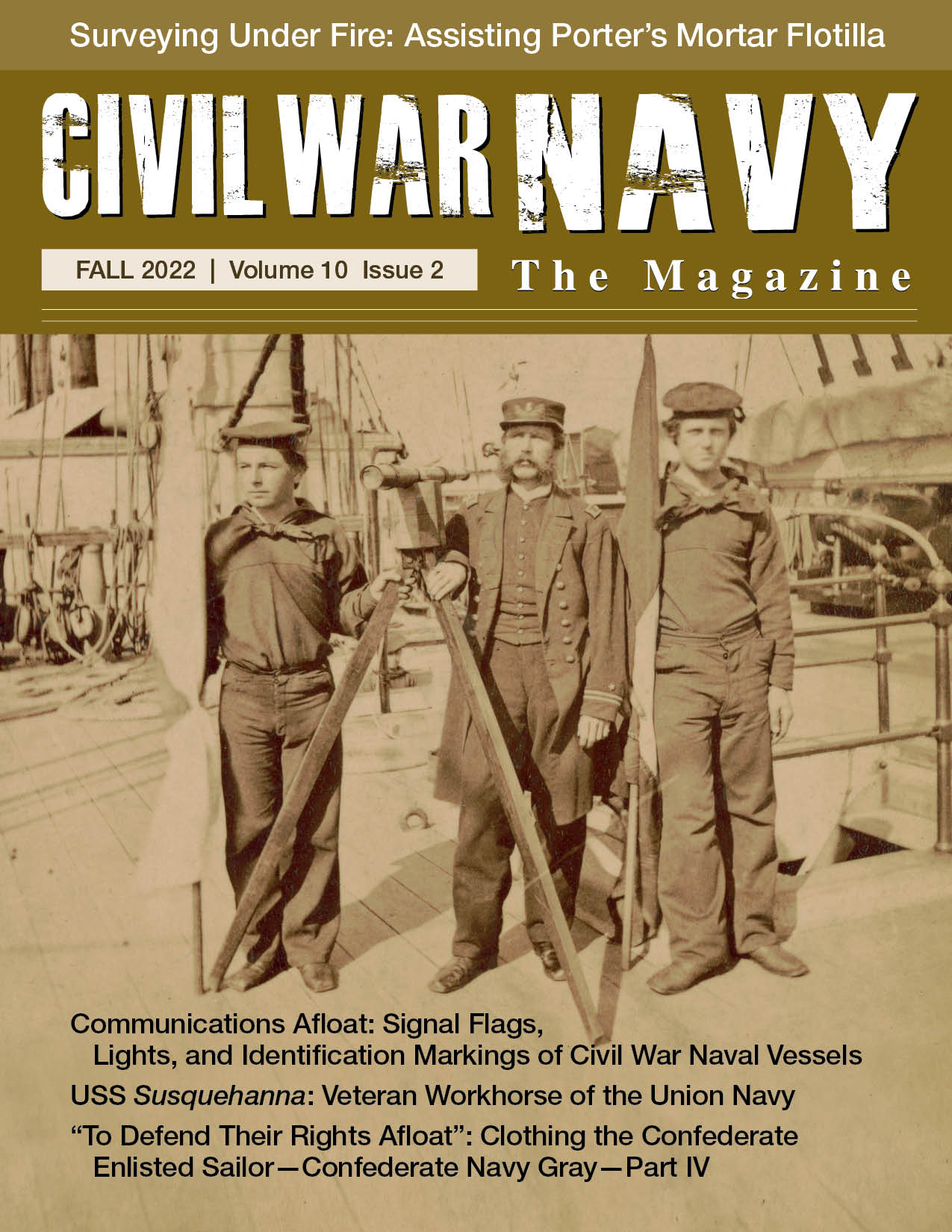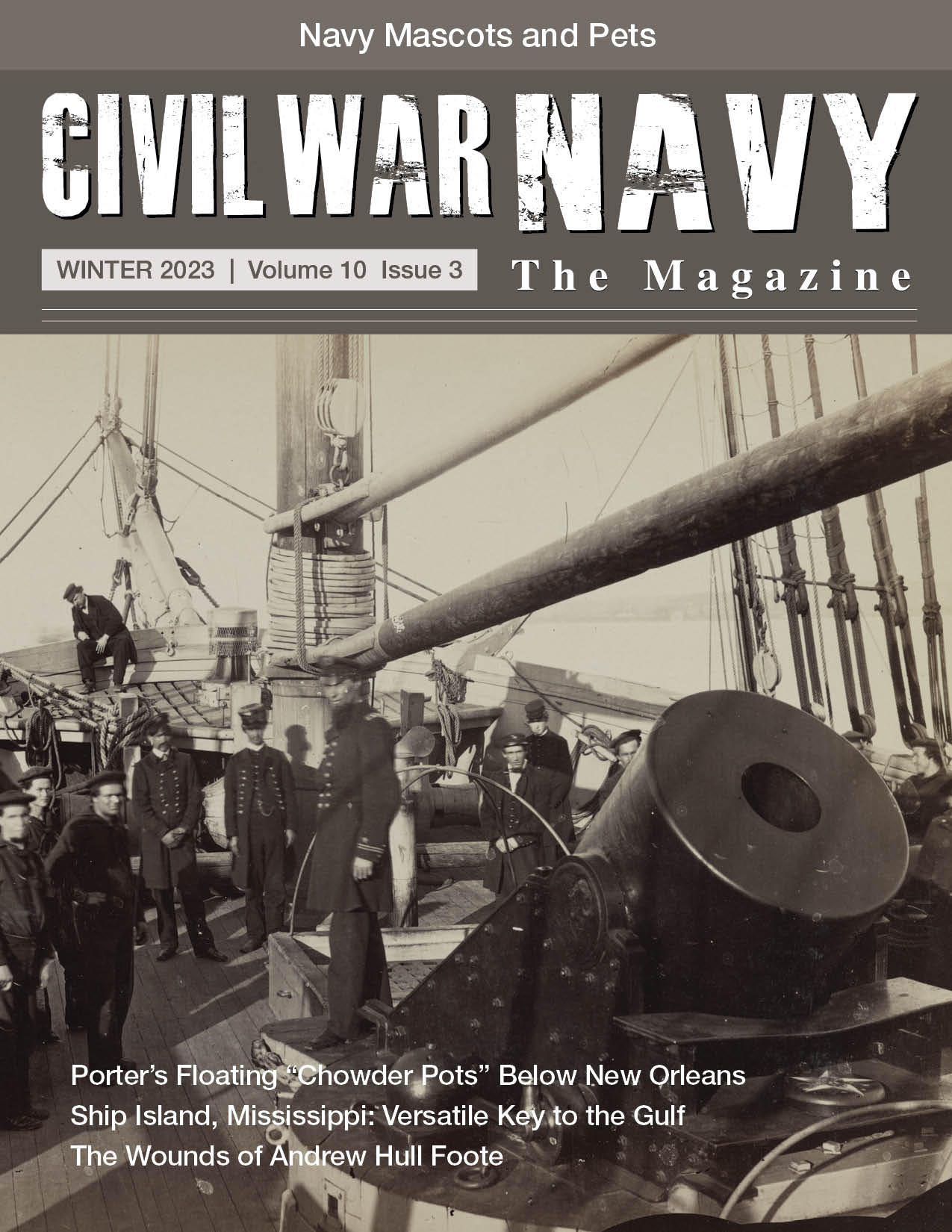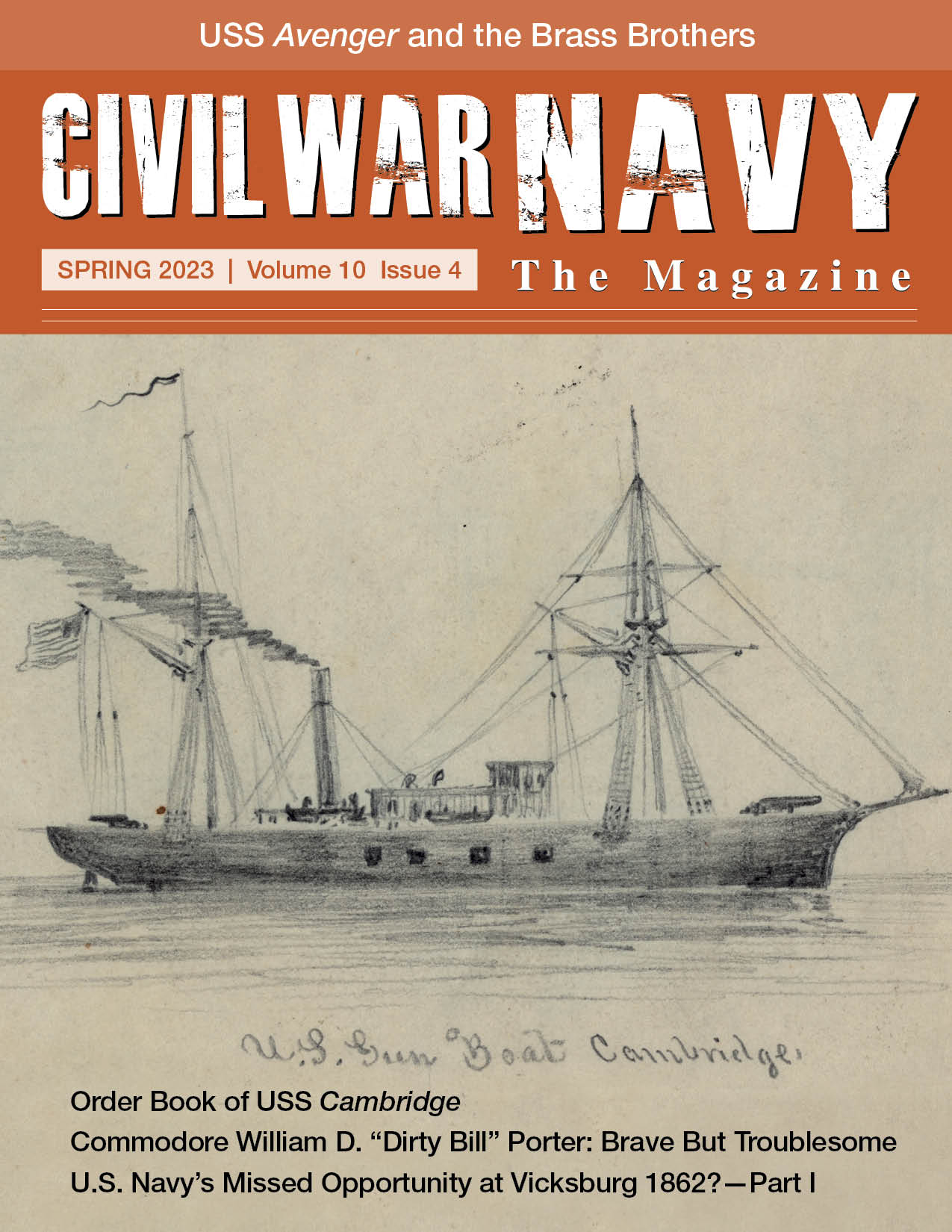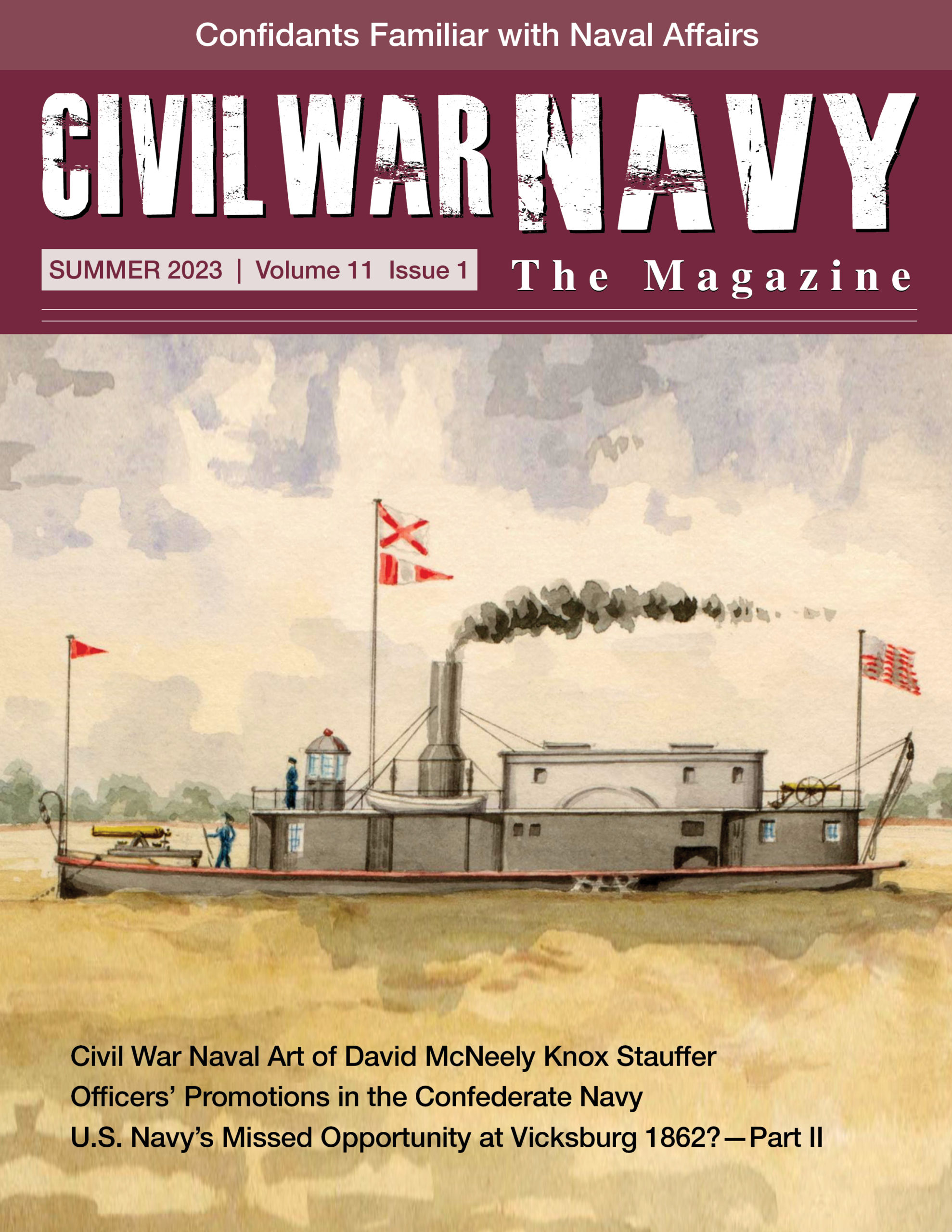Nautical Terminology
By
William Dyer
Those interested in Civil War naval history will benefit from a greater understanding of nautical terminology. Below are a number of resources with active links that help explain terms and their origins.
Wikipedia Glossary of Nautical Terms:
This glossary of nautical terms is an alphabetical listing of terms and expressions connected with ships, shipping, seamanship and navigation on water, mostly but not necessarily on the sea. Some remain current, while many date from the 17th to 19th centuries. The word nautical derives from the Latin nauticus, from Greek nautikos, from nautēs: sailor, from naus: ship. This glossary is so extensive that it has been divided into two parts, the definitions are well constructed, but there are very few illustrations.
https://en.wikipedia.org/wiki/Glossary_of_nautical_terms_(A-L) and https://en.wikipedia.org/wiki/Glossary_of_nautical_terms_(M-Z)
Naval History and Heritage Command
The Naval History and Heritage Command (NHHC) is responsible for the preservation, analysis, and dissemination of U.S. naval history and heritage and is located at the historic Washington Navy Yard. NHHC includes 42 facilities in 13 geographic locations and includes the Navy Department Library, 10 museums, and a heritage center. The website has several worthwhile lists and discussions of nautical terminology; there are no illustrations.
Origins of Navy Terminology:
Navy Terminology: A Select Bibliography
https://www.history.navy.mil/content/history/nhhc/research/library/bibliographies/terminology.html
Navy Traditions and Customs: Nautical Terms and Phrases—Their Meaning and Origin
Columbia University, Nautical Dictionary, Arthur Young, 1863
This dictionary is contemporary to the Civil War and covers the technical language relative to the building and equipment of sailing vessels and steamers, seamanship, navigation, nautical astronomy, naval gunnery, maritime law and commerce, general and particular average and marine insurance, and other terms relating to maritime affairs. Not only are the definitions easy to understand, there are many illustrations that are easy to read.
William Falconer’s Dictionary of the Marine, 1780
This dictionary would not be the first choice for casual inquiries about nautical lingua franca—it is more appropriate for deep dives into age-of-sail sea terminology. Given the age in which it was written, Falconer’s definitions themselves can be difficult to understand, but the period illustrations can be of help though they too can be challenging to read. Definitions frequently include very lengthy supplementary information.
https://www.gutenberg.org/cache/epub/57705/pg57705-images.html
A Naval Encyclopedia, 1884
This 19th century publication contains a complete dictionary of nautical terms and phrases, plus biographies of prominent U.S. naval officers, information about all facets of life in the navy and at sea in general, equipment used in a steam ship, and descriptions of the principal naval stations and seaports of the world. Also included are numerous tables and listings, as well as articles on the navies of various countries and a 16-page history of the “Navy of the Southern Confederacy.” There are few illustrations; however, they are readable and helpful. Some pages were not scanned properly when book was digitized and are not legible. Though dated, this work is truly encyclopedic and contains extensive details and knowledge about the period life at sea.

